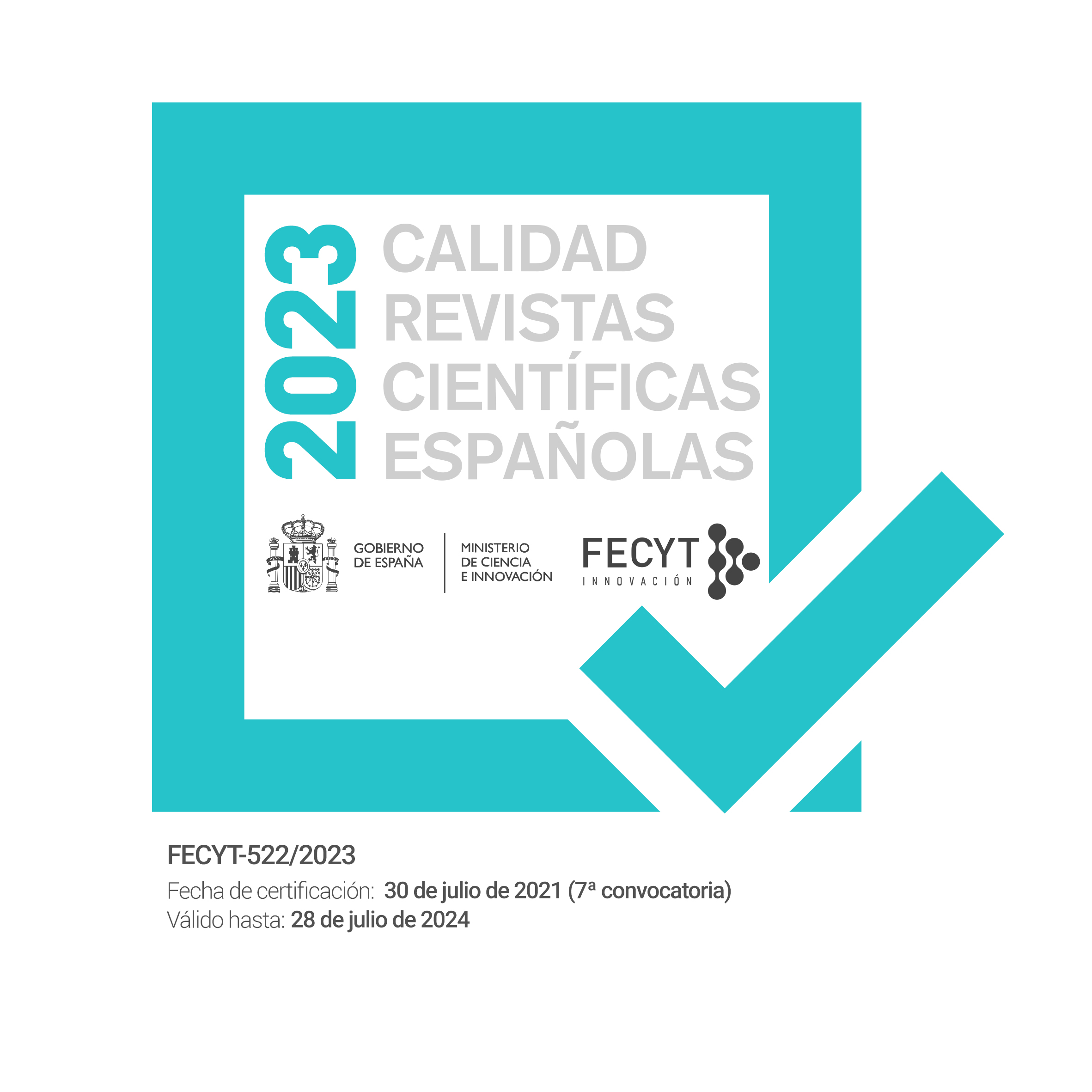The Performance Evaluation of Polytechnic Higher Education Institutions: tensions and reconfigurations resulting from the adoption of specific metrics
Resumen
Aligned with the binary structure of the higher education system in Portugal, divided into universities and polytechnics, the Government acknowledged, in 2014, the need to identify distinct performance indicators/metrics aiming at a more accurate assessment of the effect and quality of the action developed by Higher Education Institutions (HEIs).
For the Polytechnic Higher Education Institutions (PHEIs) it was necessary to define "(...) performance indicators that address the production, transfer and diffusion of knowledge" (FCT, 2014:1), aiming to measure“(…) the applied research and the cultural production activities as well as their impact on the region where they [PHEIs] are located (…)"(FCT 2014:1).
Founded on the presentation of specific indicators to be considered when evaluating the performance of PHEIs (developed under a research project funded by FCT: Fundação para a Ciência e a Tecnologia - portuguese national funding agency for science, research and technology), we now focus our reflection on the tensions, reconfigurations and gains for the organizational and educational management that these new metrics can induce.
By successive aggregation, the proposed evaluation indicators allow for the typification and characterization of the separate performance (faculty member / Department / HEI) at the level of applied research, knowledge transfer, population qualification and contribution to the territorial dynamics, which account for the distinct profile of Polytechnics.
Palabras clave
Texto completo:
PDFEnlaces refback
- No hay ningún enlace refback.
Revista de Sociología de la Educación - RASE
ISSN: 2605-1923 (anterior ISSN: 1988-7302)
raserevista@gmail.com

Las publicaciones de la RASE tienen Licencia Creative Commons Reconocimiento-NoComercial-CompartirIgual 4.0 Internacional.












